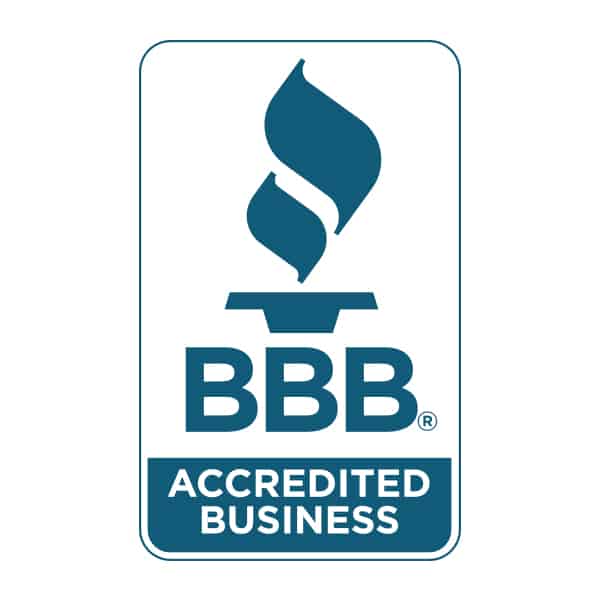Modified bitumen, mod-bit, or torch-down modified roofing is a flat (low-slope) roofing material that combines asphalt and modifiers such as styrene-butadiene-styrene (SBS) or atactic polypropylene (APP) to create a durable, long-lasting, single-ply roof membrane.
Pros
-
- Modified bitumen roofing, when properly installed, can be exceptionally resistant to UV radiation and weathering.
- It is an ideal choice for areas with particularly harsh climates.
- It is flexible and therefore less likely to crack or tear during the natural expansion and contraction that occurs during hot and cold weather changes.
Cons
-
- Modified bitumen roofing can be more expensive than some of the other flat roofing options (like tar and gravel and asphalt shingles) because of the additional materials noted above.
- It can be labor-intensive to install.
- Modified bitumen is not the most environmentally-friendly option because it contains petroleum-based products.
Costs
In terms of cost, the average price for a modified bitumen roofing system is usually in line with the cost of other single-ply flat roofing systems like TPO and EPDM. While it might be slightly more expensive, the added durability and longevity can make it a worthwhile investment in the long run.
The expected lifespan of a modified bitumen roofing system can range from 20 to 30 years depending on factors such as the quality of materials, installation, and routine maintenance which can help extend the life of the roofing system.
Overall
Properly installed and maintained, modified bitumen roofing can be a good choice for commercial and industrial flat roofs that require durability and resistance to harsh weather. While it might be a bit more expensive upfront than other options, the long lifespan and excellent performance can make it a worthwhile investment for your property.











Add your first comment to this post